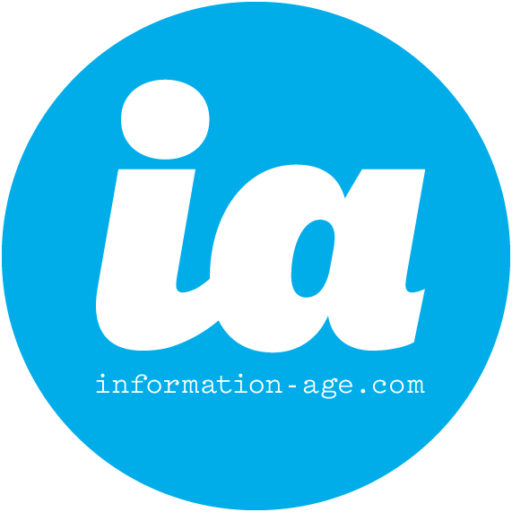Rolls Royce, the UK-based engine and industrial systems manufacturer, has selected French IT services provider to be the lead partner in a new multisourced IT strategy.
The company selected Capgemini to be its new ‘service integrator’, charged with managing and integrating IT services from as-yet unannounced third party providers, after its 12-year, $1.3 billion IT outsourcing deal with HP Enterprise Services (formerly EDS) came to a close this year.
After 12 years with a single supplier, Rolls Royce is now pursuing the diametrically opposite IT sourcing strategy, choosing instead to use "a number of specialised outsourcing vendors able to provide ‘best-of-breed’ components in the company’s overall IT environment," Capgemini said.
Interesting Links
As well as delivering business applications including the majority of Rolls Royce’s ERP systems, Capgemini will be responsible for ensuring that those suppliers’ services are "fully aligned, smoothyl integrated and centrally controlled".
"’It is vital that our world-class products, services and people are supported by equally world-class IT and that is what our new strategy is designed to achieve," said Rolls Royce CIO. "Capgemini as service integrator will be at the centre of this strategy and we look forward to working in close collaboration with them in the years ahead."
Capgemini said that the contract will transition from HP to itself by the end of this year. It will deliver the services from its facilities in the UK, US, Poland and India.
The financial terms of the deal were not disclosed.
Rolls Royce has itself pioneered the use of outcome-based pricing for its customers. Under its trademarked "Power by the hour scheme", the company charges airlines for its aircraft engines on the basis of flight hours, retaining responsibility for maintenance and support.
Speaking to Information Age recently, Rashik Parmar, president of IBM’s Academy of Technology, claimed that Rolls Royce’s IT architecture is designed to reflect this outcome-based pricing model. "Rolls Royce is a good example of an outcome-driven technology architecture. The outcome they want to achieve is flight hours and so you redefine the architecture to deliver that outcome."
Parmar said IBM is currently researching "outcome-based architecture" for business applications and systems. "Most IT systems support existing processes, there are very few that are designed to deliver a certain outcome," he said.







